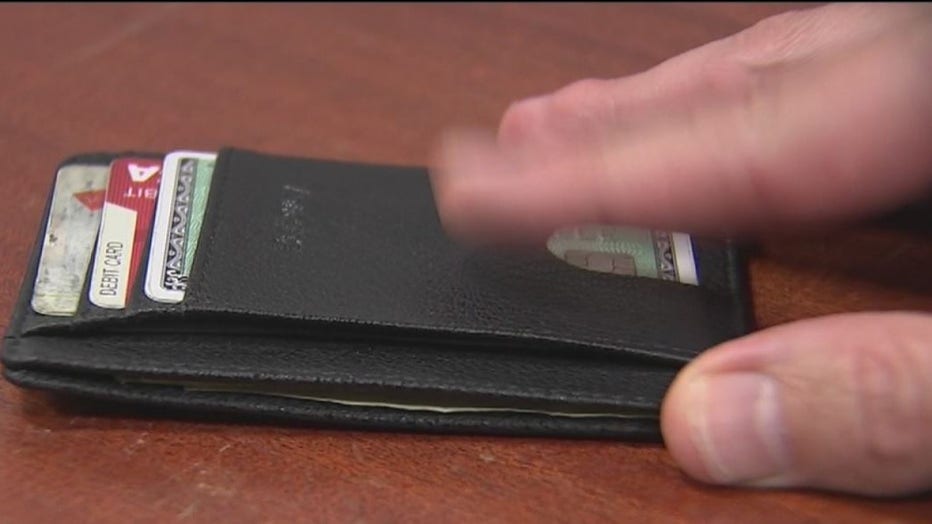What to do if you lose your wallet
Houston - Losing a wallet, or having it stolen, can be a nerve-wracking experience that few ever expect to happen. However, holiday shopping may increase the chances and it may pay to think about what to do if it happens to you.
For most people, everything we need to conduct our daily lives is in our wallet: At a minimum, a driver's license, debit or credit card, insurance information and maybe some membership ID's for clubs and services. Losing it can be a real pain and there's not a lot of time to start protecting yourself.

A call to your bank should be tops on the list, to let them know your debit card could be compromised. Doing this within two business days limits your potential loss to $50. Waiting more than two days increases personal liability up to $500 for unauthorized charges.
Next, you'll want to contact any credit-card issuers to let them know your cards have been lost or stolen. The old numbers will be suspended and new cards sent to you. They'll also credit-back any fraudulent charges after investigating the circumstances.
File a fraud alert with one of the three credit-reporting agencies, like Experion, and they'll share the information amongst themselves. The alert prompts lenders to take extra steps to verify your identity before giving money in your name.
A police report should be filed, whether the wallet was lost or stolen. While officers probably aren't going to go looking for it, the paperwork helps establish your loss in the event of any fraud or identity theft.
And, you'll want to replace your driver's license as soon as possible. The Texas Department of Public Safety website outlines the requirements, but it's all got to be done in-person and you'll need to provide a copy of that police report.
All told, it can be a huge hassle that can be minimized by being proactive and making a list of what's in there, so you're not left guessing which of these calls you need to make in the event of a loss.

